UAE Foreign Minister in Damascus, angers Washington
Washington has reacted to a visit by the UAE Foreign Minister to Damascus, threatening that any attempt to normalize ties with the Assad government will prove costly to them.
Abdullah bin Zayed Al Nahyan's recent trip to Damascus was the second time he met with the Syrian President Bashar Al Assad, as the two Arab nations continue to warm up to each other.
The two top diplomats discussed restoration of relations and boosting of economic ties, with Assad saying that they will help regional stability and Sheikh Abdullah, accompanied by a group of economic and security officials on his visit, expressing support for a diplomatic solution to the conflict in Syria.
Relations between Syria and the UAE were severed after Syria was expelled from the 22 member Arab League in 2011.
The UAE reopened its embassy in Syria in 2018. Bahrain, Algeria, and Jordan, have also resumed ties with Syria while other Arab nations are calling for Syria's reinstation to the Arab League.
This trend has not been sitting well with the Americans as US various officials have slammed a visit by Sheikh Abdullah. One US senator has even threatened the UAE with sanctions in a tweet in typical Twitter fashion.
UAE outreach to the Assad regime provides little benefits to the Emirates. This carries huge risks to UAE's reputation, exposes it to Caesar Sanctions, and hurts efforts to seek accountability for Assad's crimes against the Syrian people.
Senate Foreign Relations Committee Tweet
The Caesar Sanctions refers to The Caesar Syria Civilian Protection Act of 2019, also known as the Caesar Act. It is a US legislation that not only sanctions the Syrian government but also any entity, organization or individual, that provides funding or assistance to Damascus.
Iranian and Russian entities have been sanctioned under this Act. This follows a pattern in Washington's attitude towards its foreign relations whereby if America does not want to conduct business with a country, then no other countries should be allowed to do so either.
Sheikh Abdulaziz had criticized the Caesar Act in 2021 during a meeting with his Russian counterpart, Sergei Lavrov, saying: "bigger challenge today facing coordination and working with Syria is the Caesar Act." and further added "to keep the Caesar Act as it is today makes this path very difficult, not only for us as a nation, but also for the private sector".
The US responded by saying that it would not ease up on its stance towards Syria. A stance they have maintained to this day, as evinced by their remarks concerning the latest meeting between Turkish and Syrian officials.
Ankara and Damascus held talks involving high ranking officials for the first time since 2012 when the defense ministers of both countries met in Moscow at the end of December. At that meeting, Turkish Foreign Minister Mevlüt Çavuşoğlu said that he expects to meet with his Syrian and Russian counterpart later this month.
This is a significant shift in Turkey's attitude towards Syria (Ankara had severed ties with the Arab nation in 2012) and this shift has been met with a swift response from the US.
When asked about the issue by reporters Department of State spokesman Ned Price said: "We've made very clear to all of our allies and partners that now is not the time to normalize relations, now is not the time to upgrade relations".
Instead, in the eyes of the US now is the time to impose further crippling sanctions on Syria, where the humanitarian conditions are deteriorating day by day, as the sanctions also include medicinal supplies.
Alena Douhan, Special Rapporteur on the negative impact of the unilateral coercive measures on the enjoyment of human rights visited Syria and said that the sanctions have had catastrophic effects on the lives of Syrians, as the country grapples with food and medicine shortages.
In the current dramatic and still deteriorating humanitarian situation, as 12 million Syrians grapple with food insecurity, I urge the immediate lifting of all unilateral sanctions that severely harm human rights and prevent any efforts for early recovery, rebuilding and reconstruction.
Turkish President Recep Tayyip Erdogan announced on Thursday that he may meet his Syrian counterpart as part of a new peace process in the wake of the Defence Ministers meeting.
An Erdogan / Assad meeting will signal the official failure of US attempts to topple the Syrian government through sanctions and boycotts, not to mention that US allies are no longer listening to the will of America and will cause much embarrassment for the US.
It may not be quite on the level of their humiliating departure from Afghanistan, but will most assuredly be quite close.
VIDEO | Press TV's news headlines
VIDEO | Iran honors top Science Olympiad medalists
VIDEO | Austrians arrested at Gaza protest in Vienna
10 killed in bus crash in western Iran
VIDEO | One-man-band journalism with Civili
5 Israeli forces killed as Palestinian fighters face up to regime’s war machine
VIDEO | An insider's view of the country: Persian Tahini, Royan in Mazandaran
VIDEO | Israeli settler killed during strike against Tel Aviv; fresh aggression targets Yemen’s capital


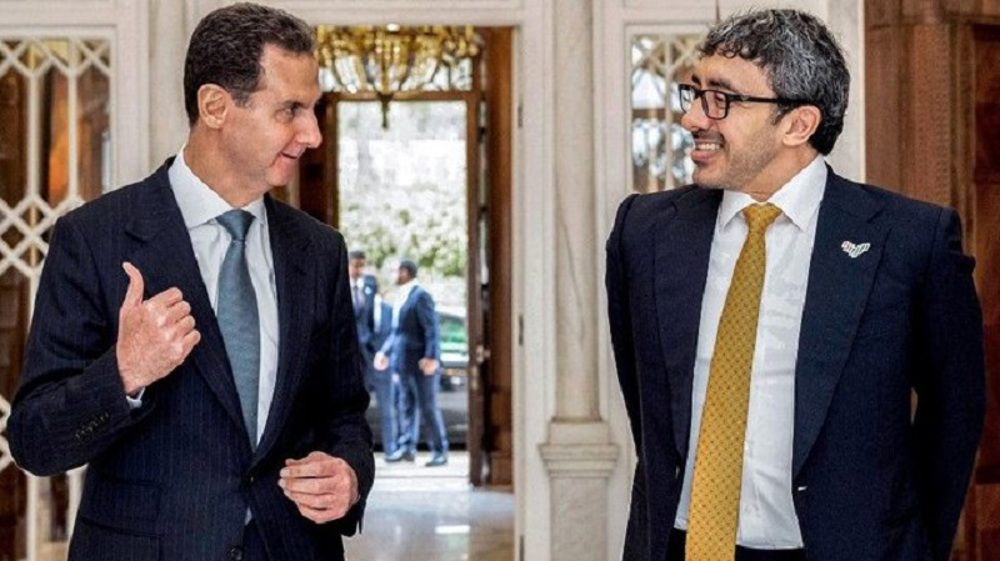

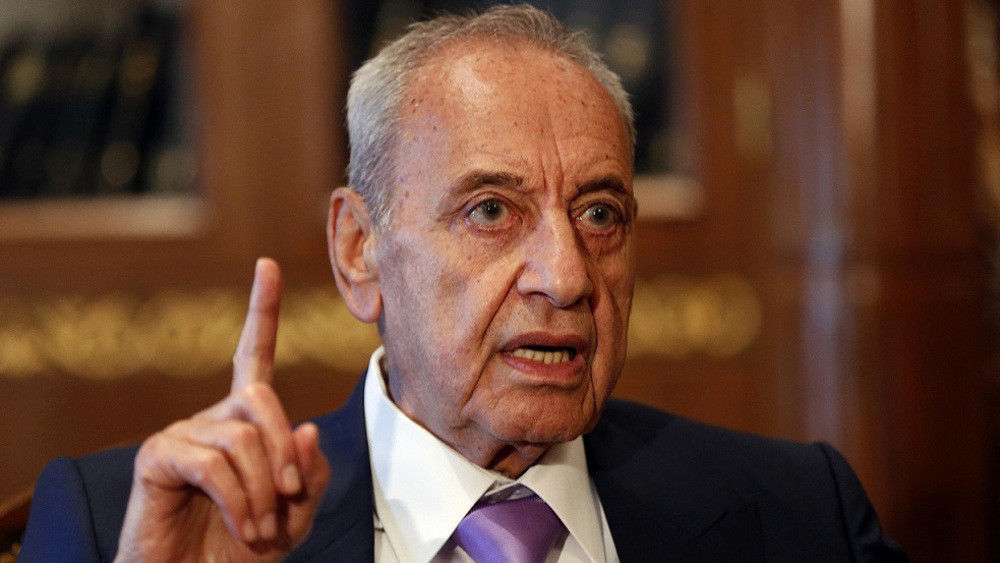

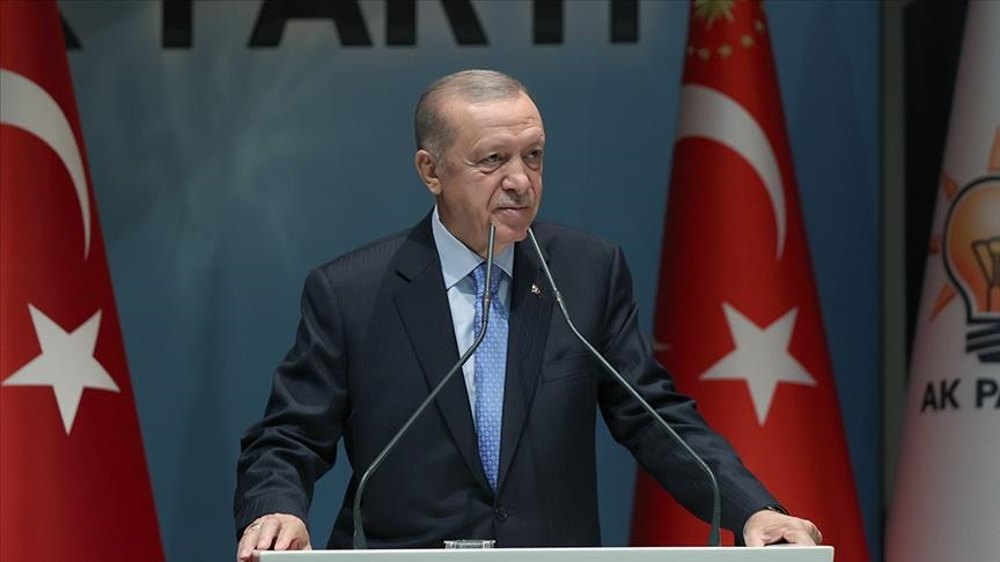
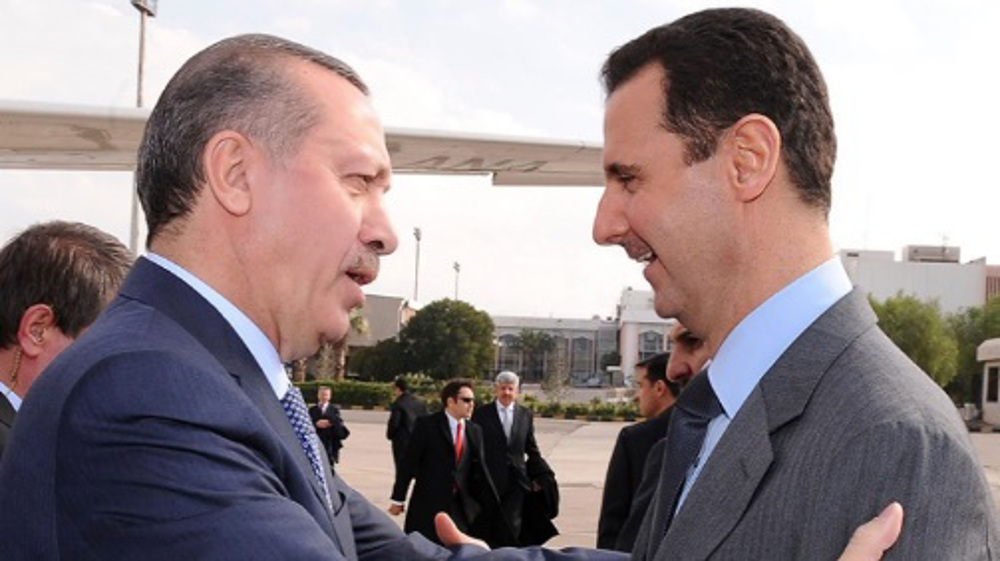
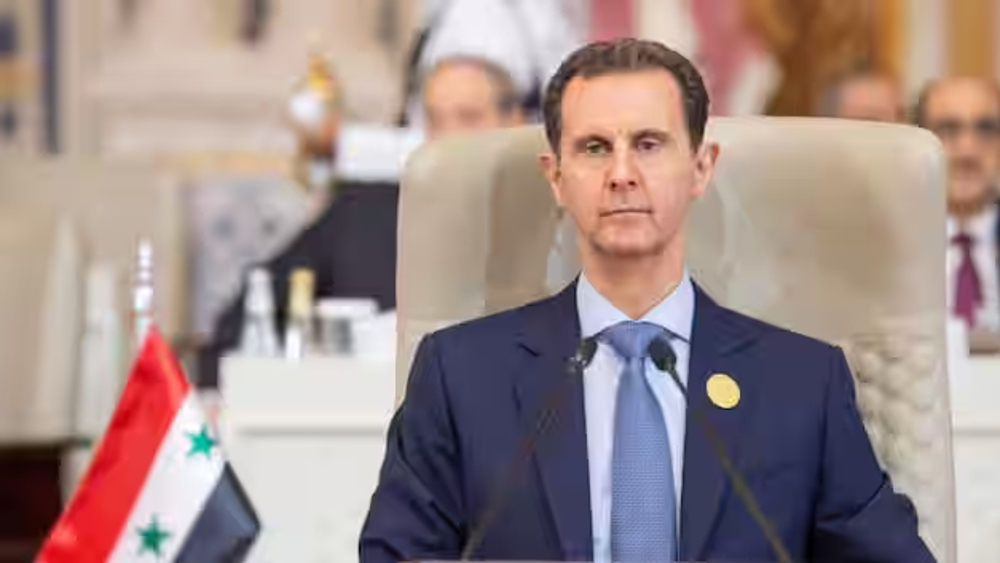





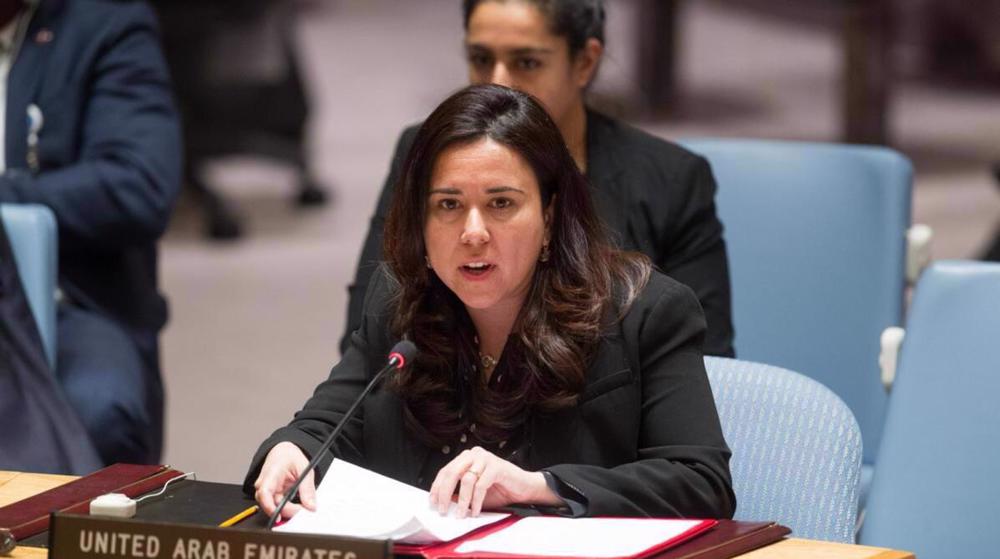
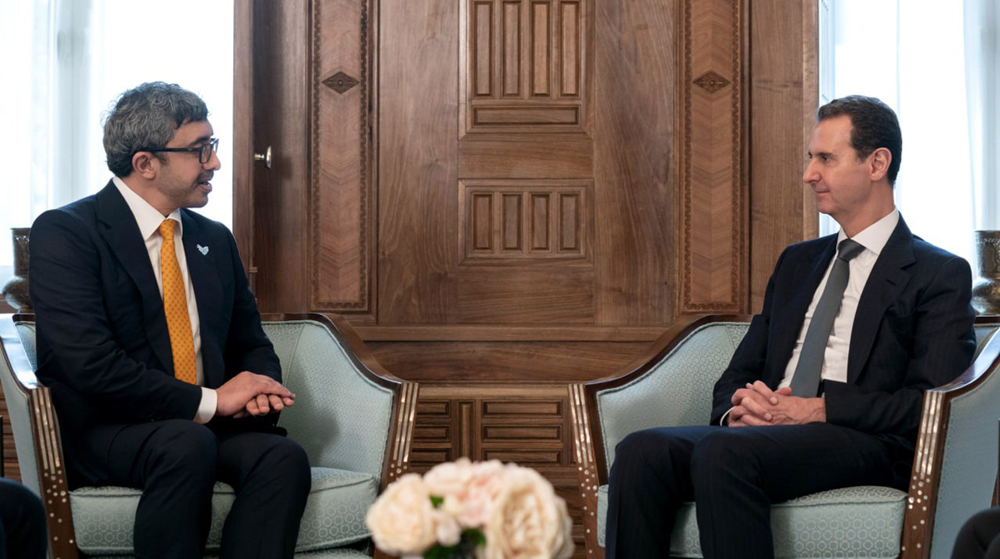



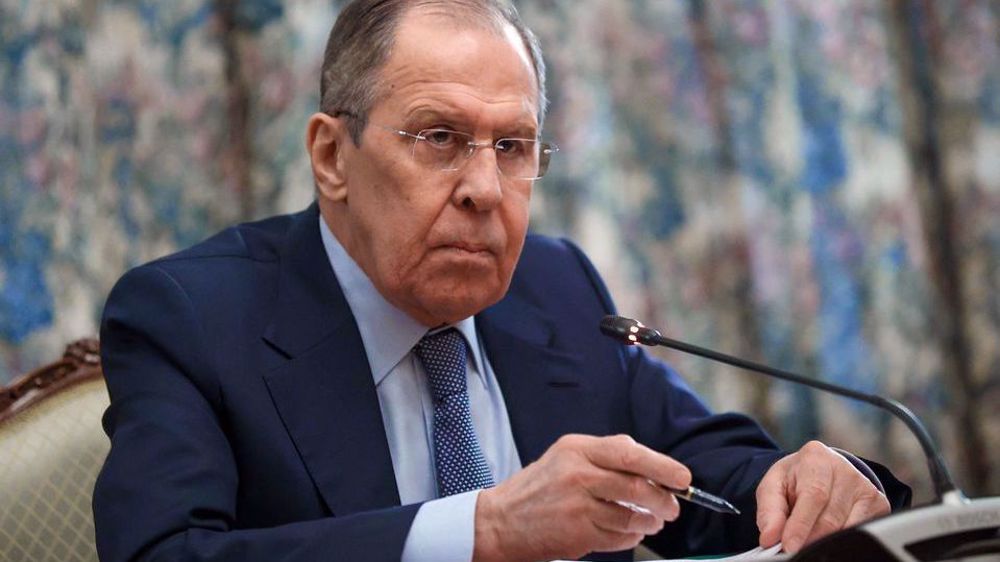
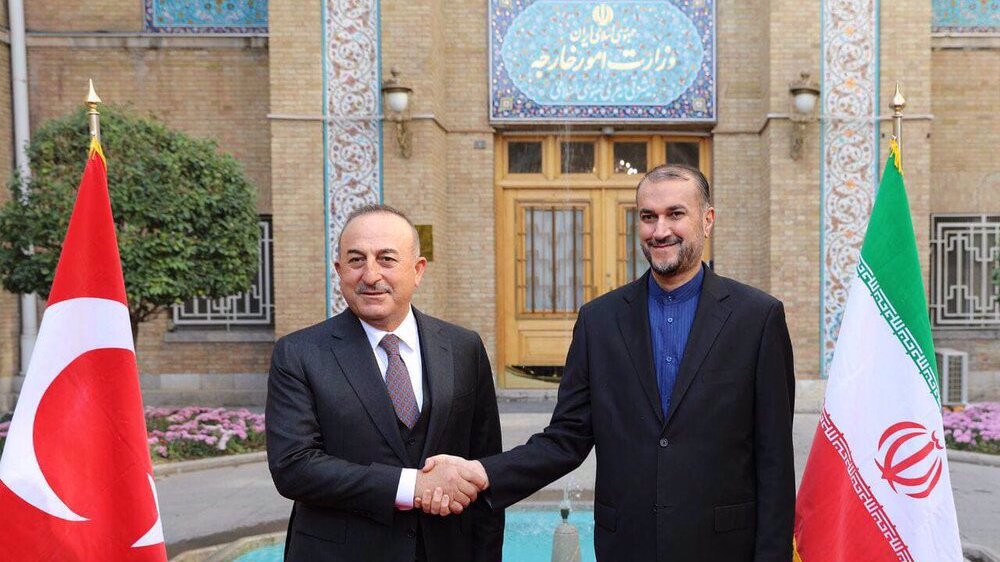

 This makes it easy to access the Press TV website
This makes it easy to access the Press TV website